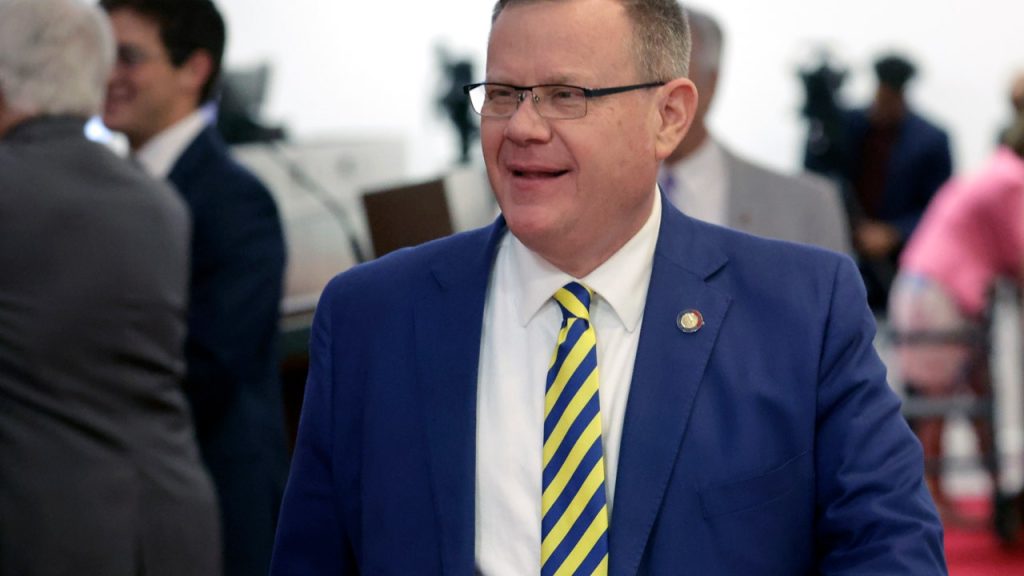The North Carolina General Assembly is beginning its annual work session with a surplus of funds and limited issues to address before key elections this fall. Following a significant 2023 session that saw a variety of legislative changes, Republicans are aiming to finish the session early this year. With all 170 legislative seats up for reelection, party leaders are cautious about advancing measures that could affect public opinion in key districts. The main focus of the session will be adjusting the second year of the state budget, with an additional $1.4 billion forecasted to be collected by mid-2025.
The legislature faces the task of adjusting the two-year government operating budget that was previously enacted. The state is forecasted to collect an additional $1.4 billion through mid-2025 than originally anticipated, with potential needs for Medicaid spending adjustments and funding for the Opportunity Scholarship Program. Republican leaders are considering setting aside more money for private-school scholarships to allow more families in higher-income brackets to receive grants for their children. Governor Roy Cooper, in his final term, is presenting his last budget proposal, calling for increased investment in public schools and sizable pay raises for teachers.
Legislation forcing sheriffs to assist with federal immigration enforcement and allocating more funds for private-school scholarships are potential issues to be addressed during the session. Measures to resume discussions on sanctioning video gambling machines, which could generate significant revenue for the state, may also be reintroduced. Democratic legislators face challenges in halting unfavorable GOP bills, particularly with the abundance of Republican support in both chambers that has led to Cooper’s vetoes being overridden.
House Speaker Tim Moore, who is in his final term, is expected to lead the session and is likely to run for Congress in 2025. The session will focus on adjusting the state budget for the next fiscal year and addressing key issues such as Medicaid spending and private-school scholarships. The session is expected to be relatively short, with a goal of finishing early in the summer, as Republicans work to address remaining legislative issues before key elections in the fall. Governor Cooper will present his final budget proposal, advocating for increased funding for public schools and teacher pay raises.













